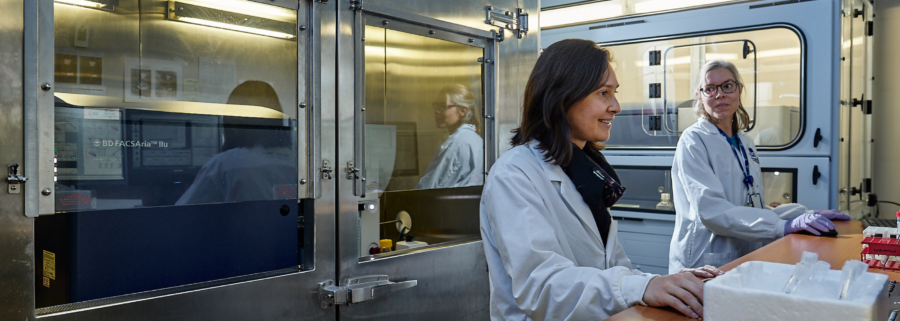From Lead to Clinical Candidate: Discovery of BMS-986331 as a Potent and Selective N-Formyl Peptide Receptor 2 Agonist.
Shirude PS, Cheney D, Chattopadhyay AK, Seshadri B, Baligar V, Rachamreddy C, Madduri S, Anjanappa P, Viet A, Valente MN, Rossi K, Abousleiman M, Hsu MY, Everlof G, Gali V, Sun Y, Allocco J, Zhang R, St-Onge S, Lupisella J, Chen XQ, Sarodaya S, Ravindran MS, Tagore DM, Nagar J, Dudhgaonkar S, Putlur S, Héroux M, Bouvier M, Wexler RR, Dierks E, Garcia RA, Kick EK, Wurtz NR
J Med Chem
2026-02-17
;
